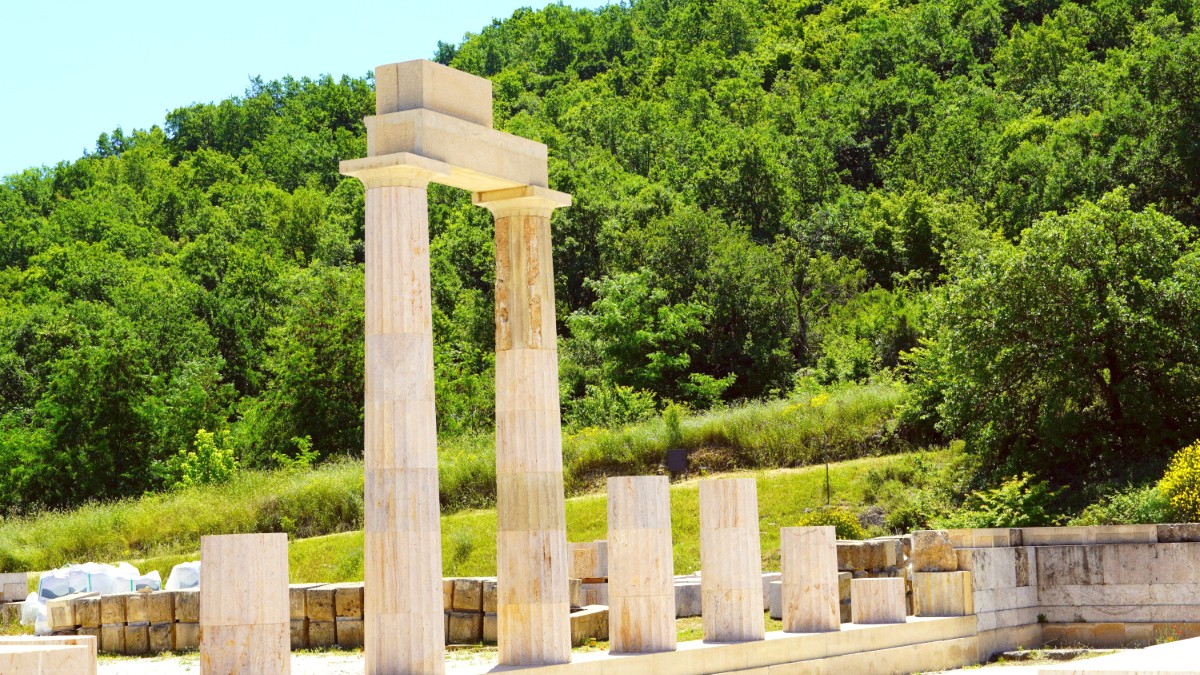
Greece
Greek Macedonia includes national parks like Mount Olympus and Prespes Lakes, protecting diverse ecosystems.
Recycling bins appear more common in urban and major tourist areas. Minimize your waste.
Greece faces water scarcity, especially in summer. Be mindful of your water usage.
These areas, along with Natura 2000 sites, protect diverse ecosystems and endangered species.
In rural areas, recycling facilities may show limitations.
Consider offsetting your flight emissions through reputable carbon offset programs.
Look for hotels or tour operators demonstrating a commitment to sustainability.
Embrace practices that protect the environment and support local communities during your exploration.
Adhere to respectful interactions and cultural norms.
Your patronage sustains traditional arts and customs.
Learn a few basic Greek phrases; locals appreciate the effort.
Always ask permission before photographing people, especially in villages or during ceremonies.
Dress modestly when visiting churches, monasteries, or other religious sites.
Your travel decisions can support the local economy and community.
Seek opportunities to support small, locally-owned businesses, guesthouses, and restaurants.
Look for certified fair trade products or buy directly from local artisans and producers. Avoid mass-produced souvenirs. The Rainforest Site supports conservation with ethical products.
If you wish to donate, do so through reputable local charities or non-governmental organizations.
Conscious choices regarding local economy and cultural interactions enrich your experience and the community.